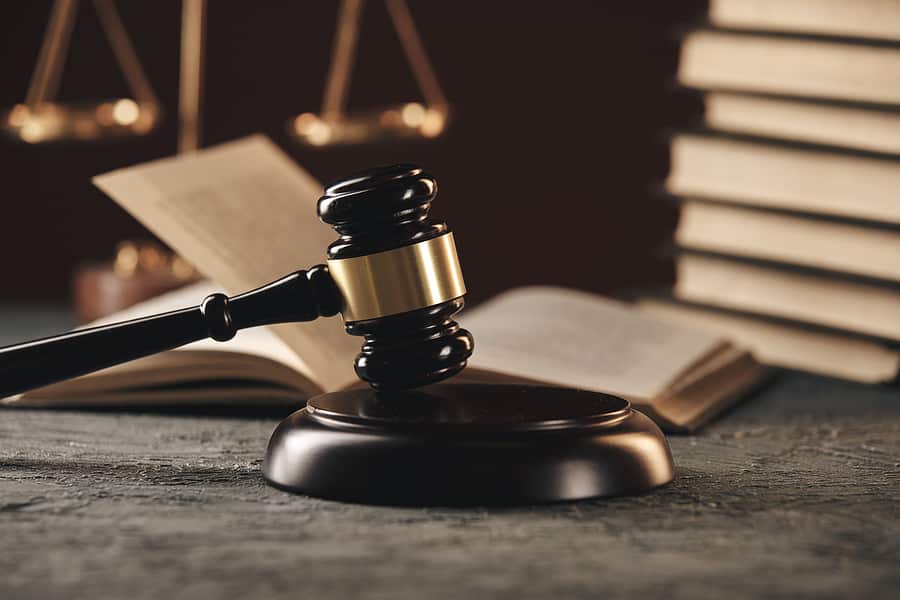Remarks as Prepared for Delivery
Thank you, Terry, for that warm welcome, and I thank IACP for inviting me to join you. I appreciate that you and I have always been in frequent touch. I am always ready to answer IACP’s call.
Officers have difficult – and dangerous – jobs. Those strains on law enforcement have been particularly challenging in the last couple of years with the pandemic, increased social tension and polarization, and violent crime. That is one of the reasons that the Attorney General and I prioritized coming here so that we can show our strong support for your efforts to promote officer safety and wellness. And I am so pleased that Karhlton Moore, our new Director of the Bureau of Justice Assistance (BJA), and Acting Director Rob Chapman of the COPS Office, as well as key staff of both BJA and COPS, have been participating in events throughout the symposium. We hope that you all will keep in close contact with BJA and the COPS Office – their programs lie at the heart of the department’s efforts to promote law enforcement health and wellness.
We know the tremendous mental and emotional strains that law enforcement is dealing with today. Every day officers put themselves on the line to protect and serve the public, and this honorable work does not get the attention it deserves. We at the department are grateful for your service. And we are devastated by the deaths of fallen heroes who tragically gave their lives in the line of duty and those who have taken their own lives.
Maintaining – and improving – officers’ mental health is critically important, not only for them, but also for their fellow officers, their loved ones, and the communities you serve. That is why the Deputy Attorney General and I convened a roundtable last fall and heard from law enforcement groups, including IACP, about the tremendous stress placed on law enforcement and concrete strategies to support the mental health of those who serve our communities.
We listened to the recommendations by our partners and have taken a number of steps to operationalize many of the suggestions that they made. For example, I directed BJA and COPS to consolidate into one website the department resources on mental health and wellness issues and data-driven best practices that can be used by the field, so that you and others can easily find the resources you need. I am happy to announce that this website has gone live today. BJA launched a new suite of suicide prevention training courses aimed at all levels of law enforcement – from line officers to executives. And BJA is hosting a symposium next week on recruitment and retention, which will include a discussion about barriers in responding to stressors impacting recruitment and retention and promoting officer resiliency within law enforcement organizations.
And as the Attorney General just mentioned, the department provides support through grants, the development of resources, trainings and technical assistance. Last year, the COPS Office provided $7 million in grants under its Law Enforcement Mental Health and Wellness Act (LEMHWA) Program to improve the access to mental health and wellness services for law enforcement. BJA’s VALOR initiative provides thousands of law enforcement professionals technical assistance and no-cost training and education, as well as conducts research, develops new resources and establishes partnerships to strengthen and promote safety and wellness.
We continue to develop a number of resources, including a new “Safer Together” campaign, which will launch in May. I want to touch on this program because it links two critically important parts of our programs: officer wellness and community trust.
Terry, several years ago, you spoke movingly to IACP about how it is essential for all of us to work together to restore and strengthen the trust between law enforcement and the communities they serve. Such trust is not only necessary for public safety, it also honors this nation’s core values of fairness and dignity for all.
But there is another critical reason that community trust serves the public interest. I have had the privilege of talking to hundreds of officers throughout my career, and I know that so many officers seek to do the right thing every time you put on your uniform. I also know that when residents lose trust in the police, whether because of a particular incident or otherwise, the negative feedback increases the stressors of the job. But when agencies have implemented programs and policies that build community police trust, the resulting positive community feedback and support not only provides greater officer safety but also strengthens officer mental health and wellness.
The Safer Together campaign includes an eight-hour training and other resources to facilitate positive conversations around needed reforms to restore public confidence in law enforcement. It taps into the unique ability that frontline officers have to influence local community climate, while calling on leaders and communities to support officers who are helping to move our nation forward. And by helping create a foundation of mutual support, law enforcement will get the positive community reinforcement it deserves, and we are all “safer together.”
I have gone on for long enough, and I want to make sure that we have time for your questions.

